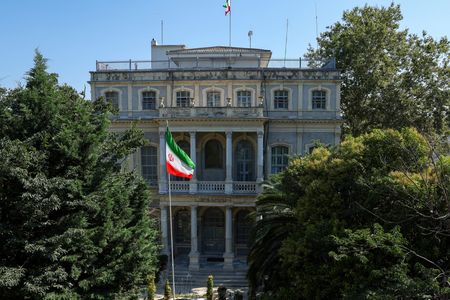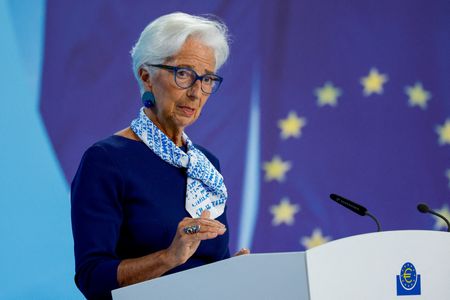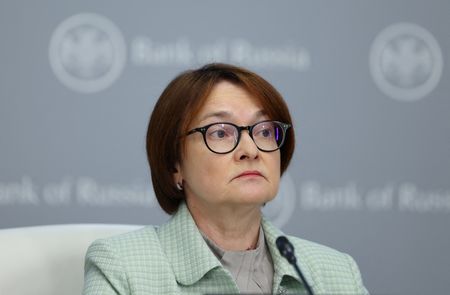MOSCOW (Reuters) – A Russian court has ruled to grant the lawsuit filed by the General Prosecutor’s Office to transfer all assets of Rodnie Polya, once the country’s leading grain trader, to the state, sources close to the company told Reuters.
The hearing was held behind closed doors on Jan. 31, and the decision has not yet been published. Published materials cited the foreign citizenship of a former owner as a key reason for the move, aimed at preventing foreign control over strategic assets.
Rodnie Polya, formerly TD RIF, controls an important grain loading terminal in the Black Sea area, listed as a strategic asset, which cannot be controlled by foreigners according to the law. It also owns 17 grain-transporting vessels.
Rodnie Polya declined to comment. The decision creates an important precedent since some grain sector assets in Russia are still controlled by foreign-registered firms.
The trading house was created from scratch by businessman Pyotr Khodykin to become the top Russian grain trader, exporting over 14% of all Russian grain in the 2023/24 season. Khodykin held a majority stake in the firm.
The court said Khodykin holds a Saint Kitts and Nevis passport while permanently residing in the United Arab Emirates, which violates the law on strategic enterprises.
The company reported problems in obtaining phytosanitary certificates since mid-March 2024 and was stripped of its export quota in May.
In April 2024, it halted operations at its Azov River terminal, which leads to the Azov Sea and can handle some 4 million metric tons of grain annually.
The terminal was the sixth largest in the Black Sea area by volume in the 2023/24 exporting season.
The demise of Rodnie Polya has reshaped Russia’s grain trading industry, with other traders, such as Grain Gates, taking Rodnie Polya’s market share. Russia exported grain at a record pace in the second half of 2024.
(Reporting by Olga Popova, writing by Gleb Bryanski; editing by David Evans)









